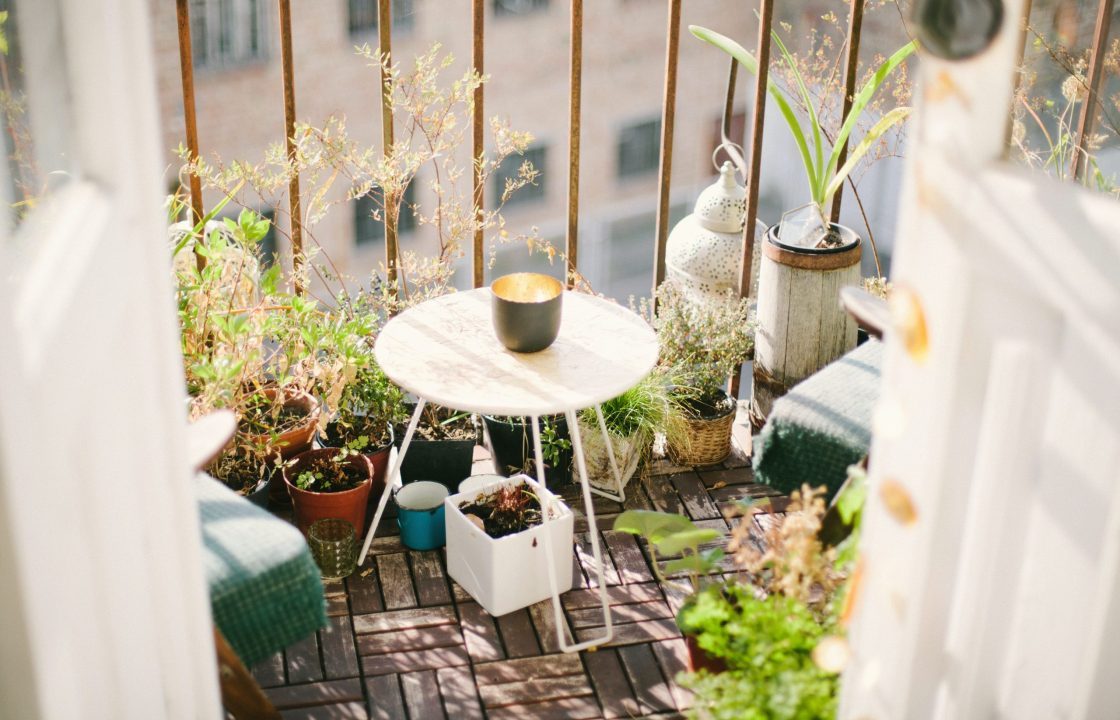Supporting local insects on your balcony is a great way to contribute to biodiversity and promote a healthy ecosystem. Here are some tips on how you can support local insects on your balcony:
- Plant native flowers: Native flowers provide a source of nectar and pollen for local insects such as bees, butterflies, and hoverflies. Choose a variety of flowers that bloom at different times of the year to provide a constant source of food. Some examples of native flowers in your area could include lavender, marigold, cosmos, and sunflowers.
- Provide shelter: Insects need shelter from the elements and predators. You can provide shelter by placing a few small pots or planters on your balcony filled with soil or wood shavings, or by hanging a bug hotel. Bug hotels provide crevices and hollows for insects to hide in and lay their eggs.
- Avoid pesticides: Pesticides can harm insects, including beneficial ones. Instead, use natural methods to control pests, such as companion planting, handpicking pests, or using natural insecticides like neem oil.
- Provide a water source: Insects need water to survive. You can provide a shallow dish of water filled with pebbles for insects to land on, or add a water feature to your balcony, such as a small fountain.
- Provide a diverse range of plants: Different insects are attracted to different types of plants, so providing a diverse range of plants can attract a wider variety of insects to your balcony.
- Don’t clean up too much: Dead leaves, twigs, and other debris provide a habitat for insects to live in. Instead of removing all debris, leave some in a corner of your balcony to provide habitat for insects.
By following these tips, you can create a balcony habitat that supports local insects and promotes biodiversity.
